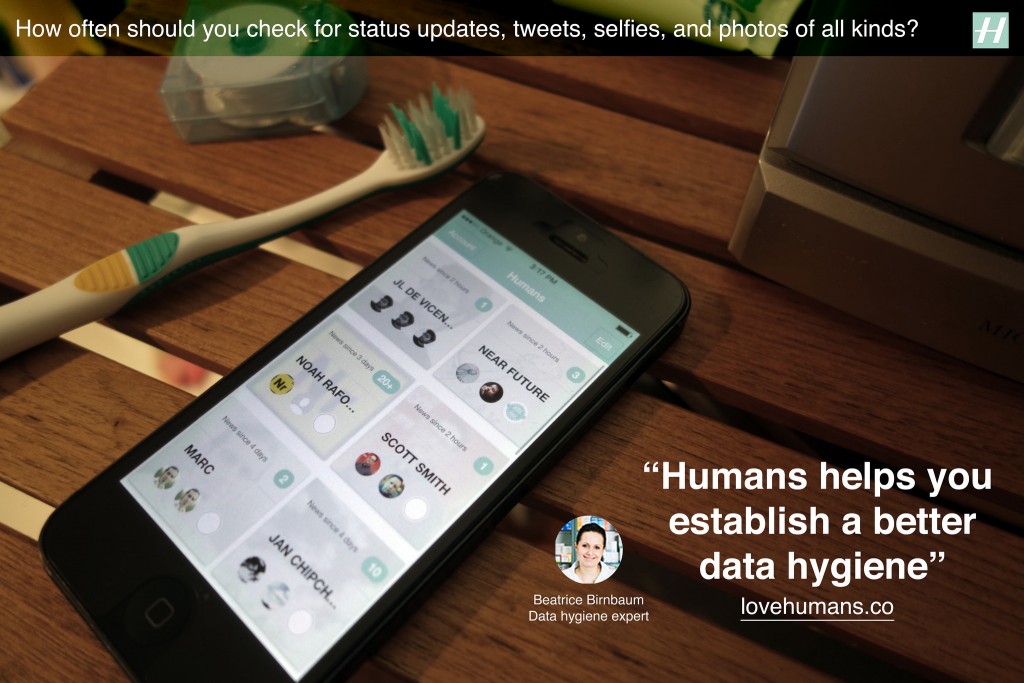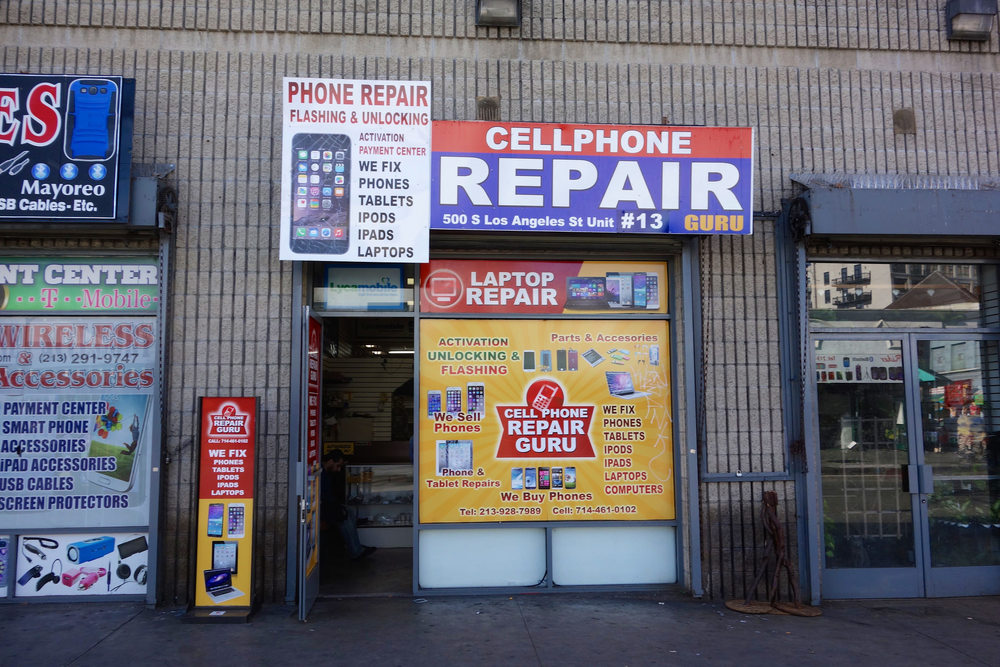Enough curious things and publications and prototypes and robot news and VLOGS are currently happening in our different bureaux that we need to issue a dispatch with a note from each of us.
From Julian
Together with Rhys Newman — a friend and colleague from back at Nokia — we started a company 14 months ago called OMATA to build a beautiful analog GPS bike computer. We launch our product in a few weeks on Kickstarter. It’s something Rhys and I had been talking about for a good long time and the wind-down of the Advanced Design studio at Nokia gave us the impetus we needed to start a company and build a product.
A bike speedometer? Why this, you might ask? What ever happened to weird future algorithms, catalogs and robots? What about workshops and consulting to future-starved clients?
Making “things” has always been a passion as followers of the Laboratory will understand. Making “things from the future” is a driving motivation for all of us here at the Laboratory. OMATA is an opportunity to do that on the terms that Rhys and I set, without the slow, arduous, punishing, soul-crushing briar patch of decision making protocols found in large, old-fashioned consumer electronics companies.
Aside from my passion for cycling, this product is, in many ways, a deviant object from a future where people have given up on the assumption that everything needs to be fully digital, have a touchscreen, be a nebulously defined “thing” of the Internet, and be a receptacle for distracting alerts/updates/notifications/etc. This is a focused object, designed to show what matters most while riding a bike: how fast, how far, how high and how long. It’s incredibly modern on the inside — very sophisticated GPS, ARM processor, BTLE, beautiful mechanics and world-class industrial design. It just ends up looking more beautiful on the outside then your typical connected digital thing.
You can follow along on Instagram and sign-up on the mail list on OMATA.
From Herr. Foster
I turned 40. I started a Vlog. Why?
- Turning 40 made me evaluate a lot of things, but primarily that life moves fast. Whilst I consider myself generally well-motivated to stay creative and busy, I feel that sometimes I slip into the Netflix and pub comfort zone. There’s nothing wrong with this, but I have a feeling that I want to do more of the things which forge stronger memories.
- I want to understand social media a bit more than I do. By creating a YouTube channel I have already learned a great deal about what’s good and bad about the platform, how it all goes together and how it feels to use it.
- I procrastinate a lot. By forcing myself to make a film every week, I’m going to have to get quicker at production. This will force me to learn on the hoof and improvise, which will hopefully make me a better film-maker.
- It’s a good experiment in storytelling. Much of the work I do, particularly the work at the Near Future Lab involves telling stories. I’ll only get better at that with practice.
So what’s it about? Primarily I’m scoring my weeks. A 10 would be ‘best week ever’, based on an entirely non-scientific algorithm, but not limited to: new things, new places, new people and the creation of interesting things.
So here goes. As the mantra of the Vlogger goes: PLEASE SUBSCRIBE
Fabien Says
Most connected humans suffer from poor ‘data hygiene’. I wrote a piece on Medium on the reasons why we developed Humans an app that offers a way to rationally manage too many social media contacts and slows down the consumption of status updates, tweets, selfies, and photos of all kinds. This work invites designers and data scientists to adapt their social interfaces and algorithms to human pace rather than uniquely focus on the real-time, the ‘now’, and the accumulation of ‘likes’ and ‘contacts’.
Dr. Prof. Nicolas Nova
I recently wrote a book (with Joël Vacheron) about/bot algorithmic cultures. Régine Debatty at We Make Money Not Art blogged about it last week. Besides that, I recently gave a talk on the topic of “Smart Fictions” with Simone Rebaudengo (Automato Farm) at IxDA Interaction 2016 in Helsinki about frictions with smart technologies. I’m also starting work on a new project regarding mobile phone repair cultures.


